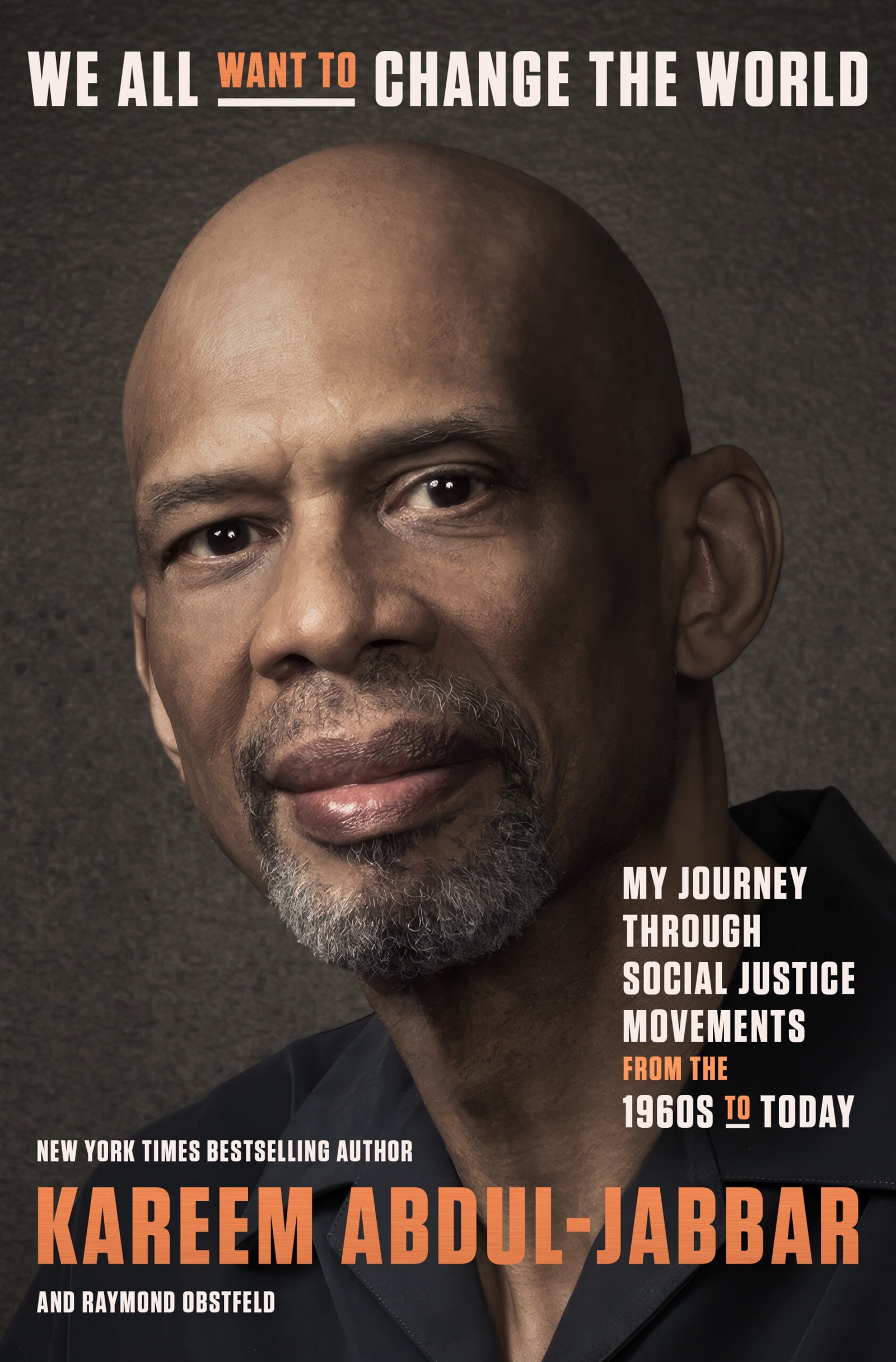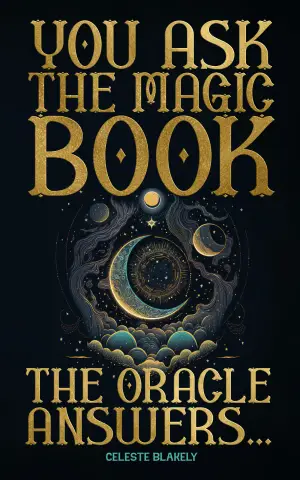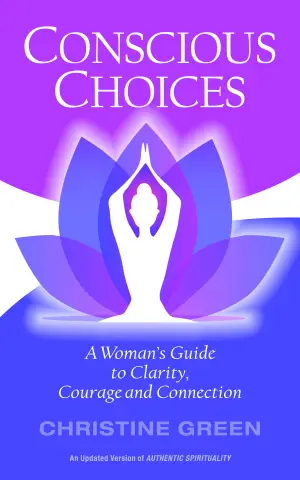We All Want to Change the World: A Journey Through Social Justice Movements
When I first picked up We All Want to Change the World: My Journey Through Social Justice Movements from the 1960s to Today by Kareem Abdul-Jabbar and Raymond Obstfeld, I was immediately drawn in by the promise of a personal narrative interwoven with the profound history of social change. As a long-time admirer of Abdul-Jabbar—not just for his legendary basketball career but for his deep commitment to activism—this book felt like a must-read for anyone eager to understand the past’s influence on our current struggles for justice.
At its core, this illuminating work serves as a call to consciousness. Abdul-Jabbar provides a sweeping look back at the protest movements that have shaped America, intertwining historical events with his own experiences and reflections. The narrative isn’t just a recounting of protests; it’s an exploration of the emotions that drive them—hope and fear. He shares, “I’ve come to realize that both those emotions… are necessary to motivate real change.” This insight alone encapsulates the reality of activism: it is a dance between aspiration and trepidation.
The key themes of the book are especially resonant. Abdul-Jabbar emphasizes the importance of adaptability in the face of change, reminding us that “survival depends on adapting to the inevitability of change.” His ability to weave personal anecdotes with broader historical context gives the reader not only a timeline of events but also a relatable emotional map, guiding us through the complexities of social justice movements.
The writing style is approachable yet profound, making complex issues accessible to a wide audience. Each chapter flows seamlessly, balancing personal narrative with historical analysis. I found myself lingering over many of Abdul-Jabbar’s quotes—one that struck me particularly was, “Protesting is a long-term strategy, like building a major bridge.” This analogy beautifully captures the essence of activism: it requires patience and strategic planning and benefits society as a whole in the end.
I was particularly moved by Abdul-Jabbar’s candid reflections on racial harmony and activism in the contemporary era. His statement, “I try to concentrate on the road in front of my feet, on what I can do right now, right here,” beautifully encapsulates the call to action many of us need in today’s tumultuous climate. It’s a reminder that change starts at the individual level, urging readers to step into their roles as agents of change.
As I closed the book, I felt an undeniable sense of urgency and hope. This is not just a historical account; it’s a timely reminder of why we must continue to be active participants in our communities. We All Want to Change the World is a reality check for a conflicted America. It is a book I believe should be included in high school and college curriculums, and would serve as a powerful discussion piece in book clubs.
I wholeheartedly recommend this book to anyone who seeks to understand social justice’s past and its implications for our future. It has heart, depth, and an earnestness that is oh so needed right now. With a resounding 5/5 rating, it has undoubtedly found a special place on my favorites shelf. If you’re curious about how the echoes of the past can help us forge a better future, don’t miss the opportunity to read this remarkable work.
Thank you, Kareem Abdul-Jabbar, for sharing your journey with us, and to everyone involved in bringing this essential narrative to life. Your voices are a beacon of hope for those of us committed to change.
Discover more about We All Want to Change the World: My Journey Through Soc… on GoodReads >>







